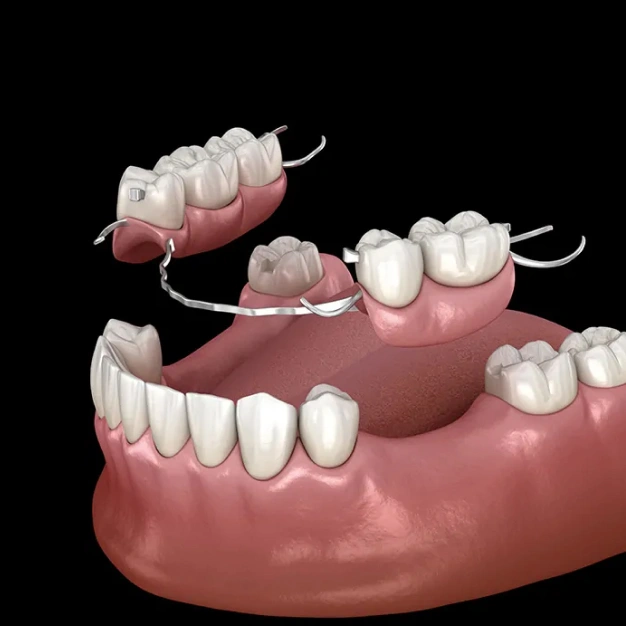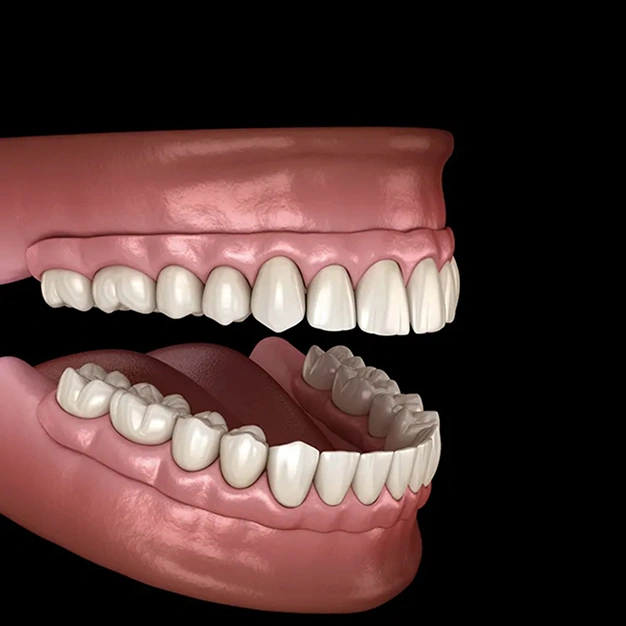Adjusting to Life With New Dentures

Dentures are removable appliances designed to replace missing teeth and restore your smile. They can either be full, meaning they consist of replacement teeth for all your natural teeth, or partial, replacing only a few missing teeth. Dentures make it easier for patients to eat, speak, and live their lives.
Dentures can fill out the appearance of your face and profile, and are made to closely resemble your natural teeth.
Dentures may feel awkward in the mouth in the beginning, but in no time, you’ll grow used to them. As your facial muscles learn how to keep them in place, they may feel a bit loose, and you could experience some areas of minor irritation or discomfort. While your mouth is getting used to the dentures, you may also notice an increase in the flow of saliva. These problems will recede as your mouth gets used to having the dentures in place.
Once you receive your dentures, you will need to schedule follow-up appointments so the dentist can make sure the dentures are fitted properly and make any adjustments as needed.
SmileCare Dental also provides denture replacement and repair services in Fitchburg and surrounding areas, including Leominster (minutes away from our office), Lunenburg, Townsend, and Ayer, MA.
Types of Dentures

Full Dentures

Partial Dentures
Tips for Caring for Your Dentures
- Rinse Your Dentures
Rinse your dentures before brushing to ensure you remove any loose food or debris - Use Soft-Bristled Brush
Use a soft-bristled brush and non-abrasive cleanser - Clean Your Mouth
Clean your mouth thoroughly before placing the dentures back in. - Keep in a Safe Place
Keep your dentures in a safe place when not wearing them – cover them in water whenever possible